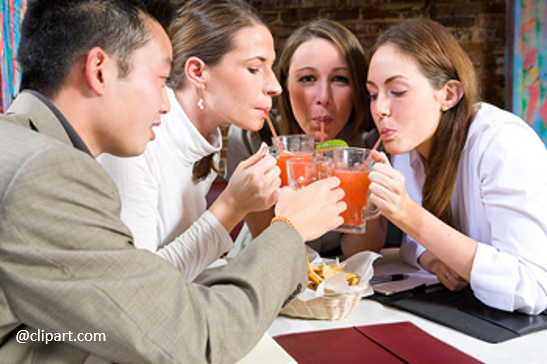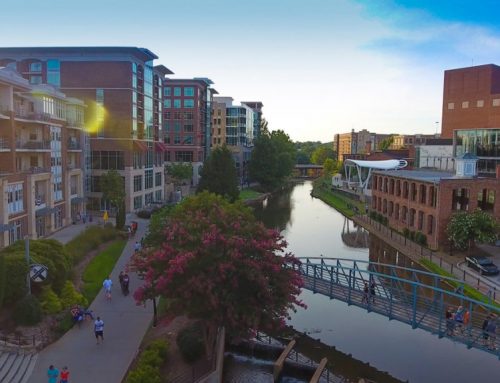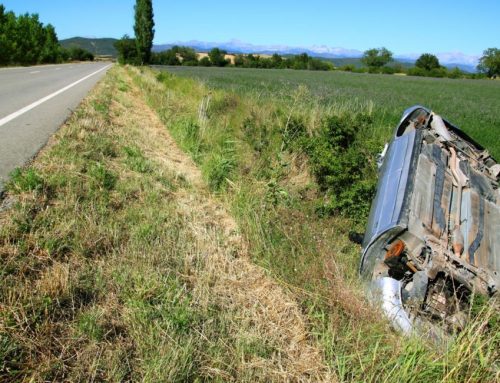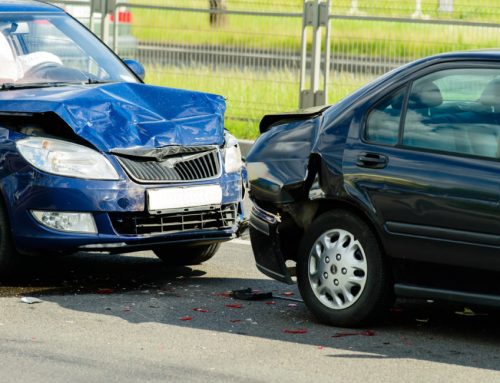If you or someone you know has been injured by a drunk driver, you might know that you may be able to sue the driver for damages. You might also know that if the driver had been drinking at a bar, and the bar kept serving the person even though it should have known he or she was drunk, the bar might be liable, too.
But what if the driver was drinking at a party, or in someone else’s home?
In some cases, a private person who carelessly provides alcohol to a driver who later injures someone can be held responsible for their guests drinking, and the harm.
This is important to know, because it might result in the injured person having an additional source of compensation if the driver’s auto insurance doesn’t fully cover the loss.
The most common situation is which a private person could be held responsible is if he or she gave alcohol to someone who was under the legal drinking age. Every state in the country makes it illegal to provide alcohol to minors, and most states also have laws that in some way make people financially responsible for the harm if they break this law.
For instance, if parents let young people drink in their home, the parents might be responsible if a minor gets drunk and later injures someone in a car crash. Some parents have the attitude that young people will drink anyway, and they would rather provide the alcohol themselves so the young people can drink in a controlled environment. But regardless of whether this is a wise attitude or not, it won’t necessarily prevent legal liability if the parents break the law and someone gets hurt.
There have been cases where parents have been held liable even though they didn’t serve the alcohol – and weren’t even at home – but they had alcohol on the premises and should have known that young people were likely to “party” with it while they were away.
Parents aren’t the only ones who can be sued. Other people who organize a party or act as a social host may be responsible for underage drinking. And in addition to drunk driving, parents and social hosts may be responsible for other types of harm that can result from being drunk, such as falls and other accidents.
Of course, if hosts make other types of intoxicants available to young people, that can also lead to liability. The growing prevalence of medical marijuana means that people who use it need to take care not to let minors have access to it.
And in some states, the law says that a social host may be responsible if an adult guest gets drunk and later injures someone. If the host controls the liquor supply and should realize that allowing the guest to continue drinking creates a danger to the community, the host may be legally responsible for the consequences of allowing the person to drink.
All these types of claims may be covered by the host’s homeowner’s insurance policy – so it may be possible for a victim to be fairly compensated without bringing a lawsuit that bankrupts the host.
If you or someone you know has been injured by a drunk driver or in another situation involving alcohol, it’s always good to talk to an attorney, because it’s not always clear who may be responsible until an attorney has investigated all the facts.
For instance, in one recent case a 20-year-old California girl threw a party at her parents’ vacation home while they were away. One of the guests got drunk, drove off, and struck another guest.
Under California law, businesses can be sued for selling alcohol to a drunk minor, but a minor can’t be sued for giving alcohol to another minor.
However, it turned out that the 20-year-old had asked a friend to stand by the gate and collect $3 to $5 from each guest to help pay for the booze. The California Supreme Court said that this turned the party into “a pop-up nightclub that required a cover charge for entry,” and thus the girl could be legally responsible as a careless seller of alcohol.
This case is significant because it’s very common for guests at informal college and high-school parties to be asked to pony up a few dollars each to help pay for drinks.
If you’ve experienced an injury or loss, call us at 864.233.7200 or 1.800.903.8101 for a free telephone consultation.






